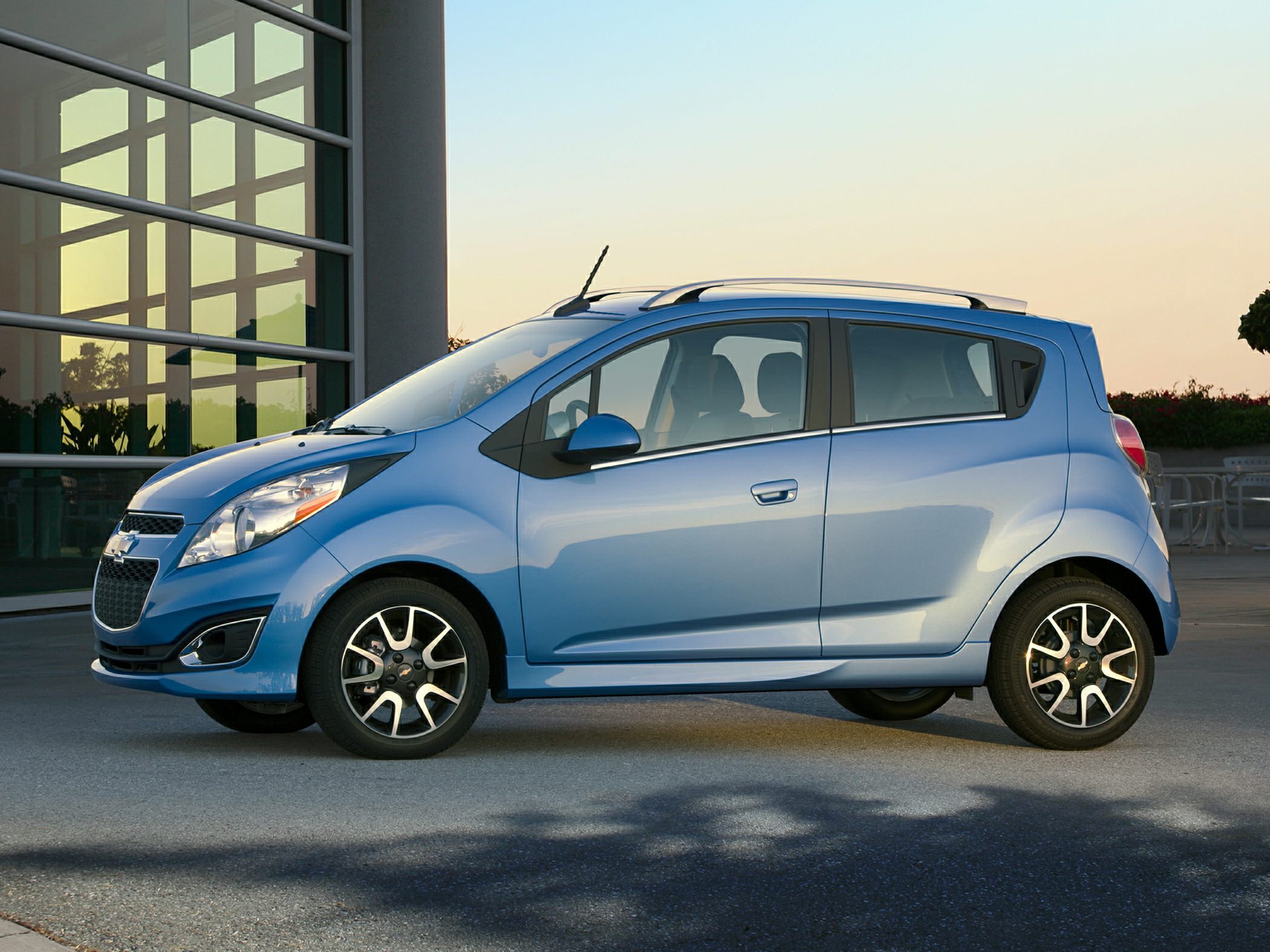We are constantly being told that it is easier and quicker than ever to insure your car, or indeed your home, health, life, bicycle or anything else, thanks to the proliferation of online comparison and price checking tools.
Benefits to Online Comparison Tools
This is true to a certain extent. Plugging in your details and letting it spew forth 50 quotes in ascending order of price is definitely far less painful than making one phone call after another, going over the same old details. Where it used to take an hour or two to get ten quotes, you can now get five times as many in a matter of five minutes or so.
Are You Comparing Like With Like?
Every quote has a list of what the cover includes, and what it doesn’t, but how much attention do you actually pay to that? For many, the answer is “very little,” as they click on whatever premium is the lowest. That can lead to some unpleasant surprises if you have to make a claim, so let’s take a little look at what you might be agreeing to or declining.
Types of Cover
There are three types of cover. Third party only (TPO) is the most basic, covering you for damage caused to other people or their property. These days, few insurers offer TPO – most will offer Third Party, Fire and Theft (TPFT), which covers third party costs and will pay out if your car is stolen or destroyed by fire. Fully Comprehensive insurance is the third choice and it additionally covers other damage to your vehicle.
Additionally, you might be offered GAP Insurance (Guaranteed Asset Protection). This insurance is a top up to a fully comprehensive policy. Even a fully comprehensive policy may not pay out enough to replace a brand new car if it is written off or stolen. GAP insurance will cover the difference. It is only a good idea if your car will depreciate very quickly and/or if you have a large car loan.
The excess
This is the amount you pay towards any claim that you make on the policy. So if you make a £500 claim and have a £200 excess, you will receive £300.
Most policies have a compulsory excess, which is set by the insurer, and a voluntary excess, which you can set at your preferred value. The higher the excess, the lower the premium, but don’t be tempted to up it too much, or you could face crippling costs in the event of a claim.
Breakdown cover
Some policies will offer breakdown cover as standard. If that is the case, check exactly what is covered – is it roadside only, or does it include home start? Other insurers offer breakdown assistance for an extra fee. In this case, it is worth looking at the cost of taking out your own breakdown cover separately. There are almost as many recovery firms as there are insurers these days, so shop around and read reviews for RAC breakdown cover to decide what is right for you.
Legal protection
Nine times out of ten, making a car insurance claim is quite simple. But what if you find yourself having to take someone to court to recover some uninsured costs, for example loss of earnings, medical expenses, hire car costs and so on? The legal expenses in making such a claim can quickly run into the thousands, and this is where legal protection comes in. This is one of those add-ons that you are unlikely to need, but will be enormously relieved to have in the unlikely event that you do.
































